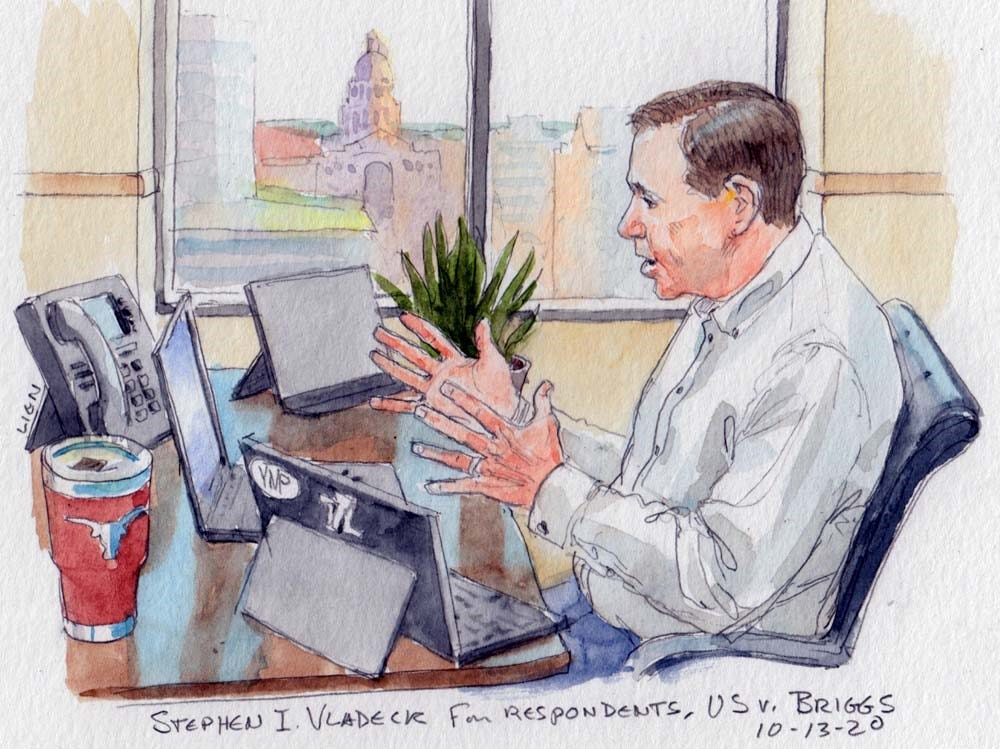Bonus 10: Arguing By Telephone
A look back at the logistical and tactical difficulties faced by lawyers who argued one of the 66 cases the Supreme Court heard via telephone in 2020 and 2021.
Welcome back to the weekly bonus content for “One First.” Although Monday’s regular newsletter will remain free for as long as I’m able to do this, much of Thursday’s content is behind a paywall to help incentivize those who are willing and able to support the work that goes into putting this newsletter together every week. I’m grateful to those of you who are already paid subscribers, and hope those of you who aren’t yet will consider a paid subscription if your circumstances permit:
As I noted in last week’s regular issue, Monday was the fifth anniversary of my first argument (of three) before the Supreme Court. (Indeed, it was my first argument before any court.) I had initially planned to use this week’s bonus issue to reflect on that experience, but decided that it was too duplicative of the “First Argument Surprises” issue from December 15.
Instead, today’s issue is devoted to my third argument, which was the very first argument that the Court postponed in response to the COVID pandemic. Originally scheduled for Monday, March 23, 2020, I ended up arguing on behalf of the respondents in the consolidated cases United States v. Briggs and United States v. Collins on Tuesday, October 13. And like the lawyers in the other 65 cases that the Court heard between May 2020 and April 2021, I argued by telephone. It was quite a … different … experience from arguing in person, and one that, in the end, I don’t think ended up serving anyone particularly well.



